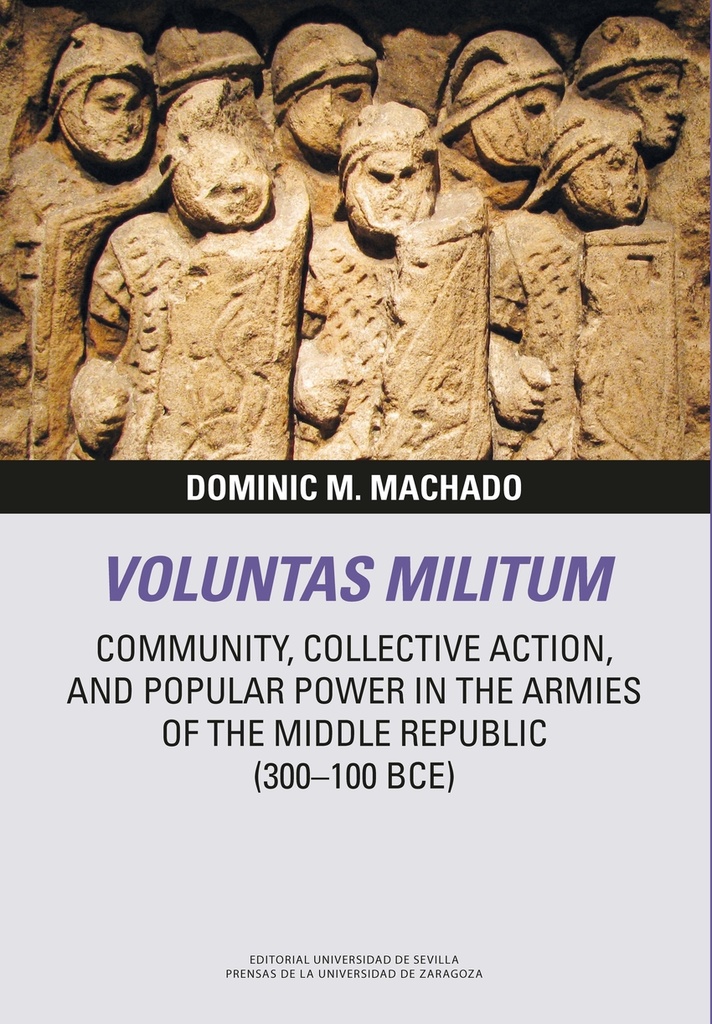Scholars, military men, and casual observers alike have devoted significant energy to understanding how the armies of the Roman Middle Republic (300 100 BCE) were able to function so effectively, examining their organization, hierarchy, recruitment, tactics, and ideology in close detail. But what about the concerns, interests, and goals of the soldiers who powered it The present study argues that the military forces of the Middle Republic were not simply cogs in the Roman military machine, but rather dynamic and diverse social units that played a key role in shaping an ever-changing Mediterranean world. Indeed, the soldiers in the armies of this period not only developed connections with one another, but also formed bonds with non-military personnel who traveled with as well as inhabitants of the places where they campaigned. The connections soldiers developed while on campaign gave them significant power and agency as a group. Throughout the third and second centuries BCE, soldiers took collective actions, ranging from mutiny to defection to looting, to ensure that their economic, social, and political interests were advanced and protected. Recognizing the communities that Roman soldiers formed and the power that they exerted not only reframes our understanding of the Middle Republic and its armies, but fundamentally alters how we conceptualize the turbulent years of the Late Republic and the massive social, political, and military changes that followed.

